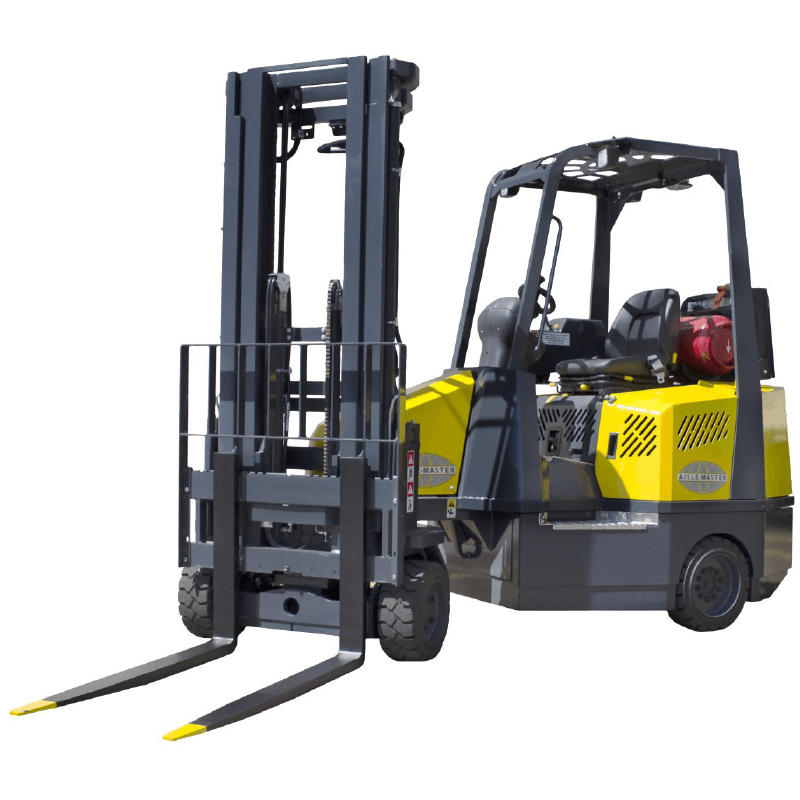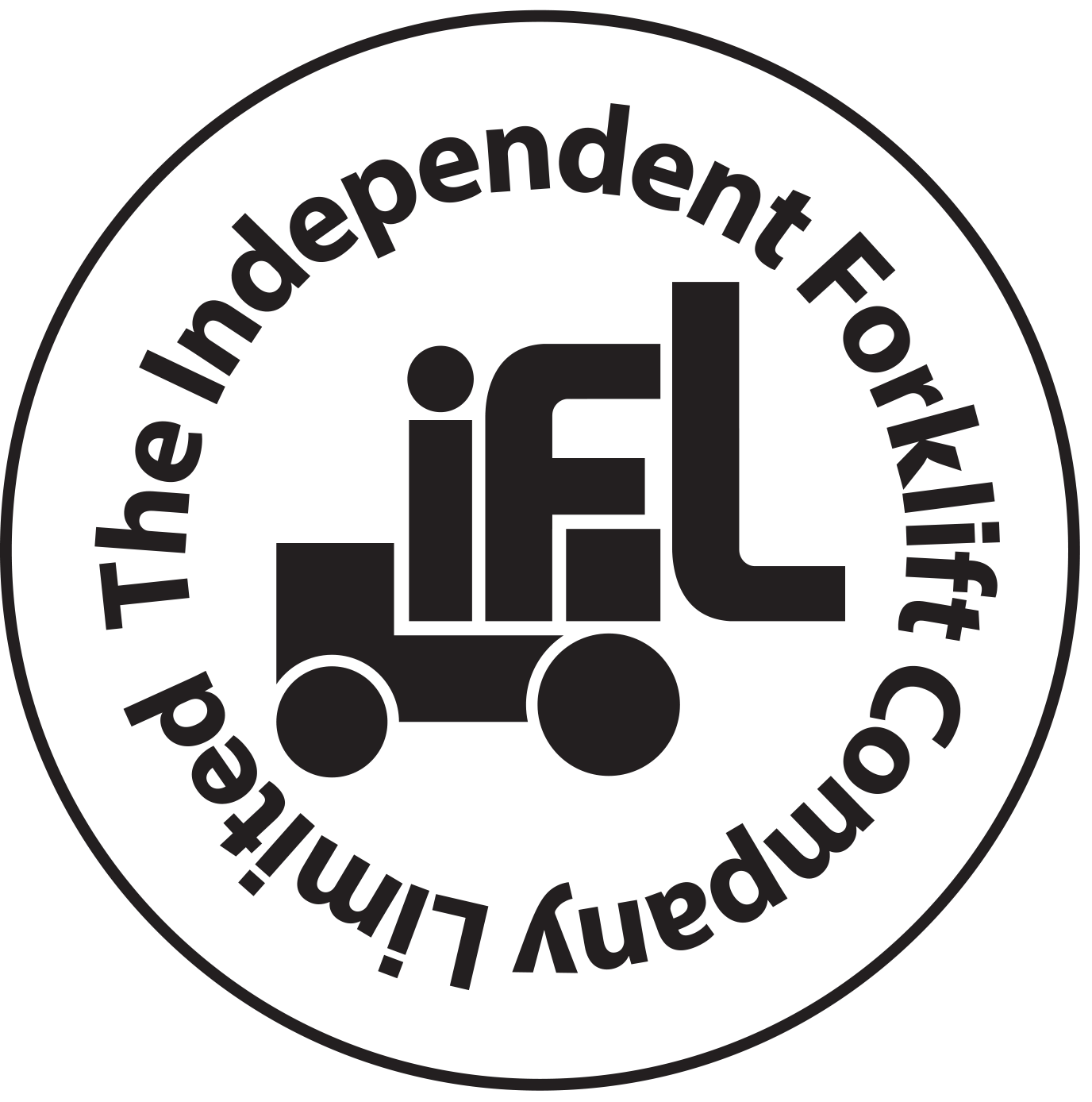Diesel V electric. What powers your forklift?
Electric, Diesel & LPG forklifts Which is better for your needs?
With so many different types of forklifts, features, attachments, and functions, there really is a machine to fit every occasion or job.
Having the right forklift to transport and lift heavy or awkward objects and materials in the workplace is safer, faster and makes every day running of your business easier and more efficient. With so many types of forklifts out there it can be tough to know where to start.
Although height and capacity are a key factor in choosing the type of forklift you’ll need, one of the other most important features to consider is what mode of power you need to for your fork truck. As well as overall performance and ease of use, its important to factor in how different modes of power affect running costs, maintenance and environmental impact into your decision. There are a few different ways to power a forklift truck: battery, diesel, petrol, LPG and sometimes a combination of these. The two most common engine types you’ll find out there however are electric and diesel, with LPG coming in at a close third.
So, which one is better? The answer isn’t as simple as one or the other, each type has its advantages and disadvantages. The real question is, which one is better for you?
To answer it we have to think firstly about what the truck will be used for, there are some things a diesel forklift can do that an electric one can’t and vice versa. Understanding the Cost to buy and operate, Where the truck gets used (indoors or outdoors), How long it gets used on each shift, what the maintenance and upkeep will cost, and the environmental impact.
Many businesses will have a need for both types or possibly only require equipment for specific seasonal or one off work.
Electric Battery powered forklifts
Electric forklifts are becoming increasingly popular with businesses who are looking for smart ways to increase warehousing capacity, staff health and safety and reduce their environmental impact. And the advancement of technology has paved the way for electric vehicles that are capable of keeping up with many of the diesel and LPG forklifts that have dominated the industry for so long.
Battery powered means no emissions and no harmful fumes, making them the ideal choice for indoor use. No exhaust also means electric forklifts are much quieter than their Diesel-powered competition. Noise can be an annoyance but also poses a safety concern for pedestrians on your site and drivers of other vehicles.
The lack of moving parts and engine fluids also means less opportunity for damage and a much cleaner, easier to operate machine. Generally, there will be longer periods needed between regular services and maintenance so less down time and overall cost to your business.
PROS
- Environmentally friendly – EV low-No emissions
- Cleaner and easier to operate
- Health and safety of employees and operators
- Lower noise levels improve safety and awareness of pedestrians and other vehicles
- Compact size and better maneuverability
- No fuel tanks – rechargeable battery means lower running costs
- Fewer moving parts, no engine transmission or radiator to damage or suffer wear and tear so lower down time for maintenance and repairs.
- Doesn’t require engine oil or coolant fluids, so replacing and disposing of these fluids is not necessary.
- Longer general servicing and maintenance intervals.
As with everything there is often a tradeoff and the main drawback to electric powered forklifts is the limitations on the battery. Electric forklifts take a long time to recharge so businesses that require a machine to be in use for a full day may need to think carefully about this. If an electric forklift runs out of battery two-thirds of the way through a shift then it may take the rest of the day to recharge. The other main downside to battery powered forklifts is the initial cost to get set up. Although this is more than made up for in the long term with lower operating costs and fewer maintenance fees, it can be difficult to justify the cost especially if additional batteries are needed or your facility will need to be set up with charging stations or additional hoists and equipment for everyday checks. This is often where businesses will either choose to lease a forklift long term or look at other options such as LPG.
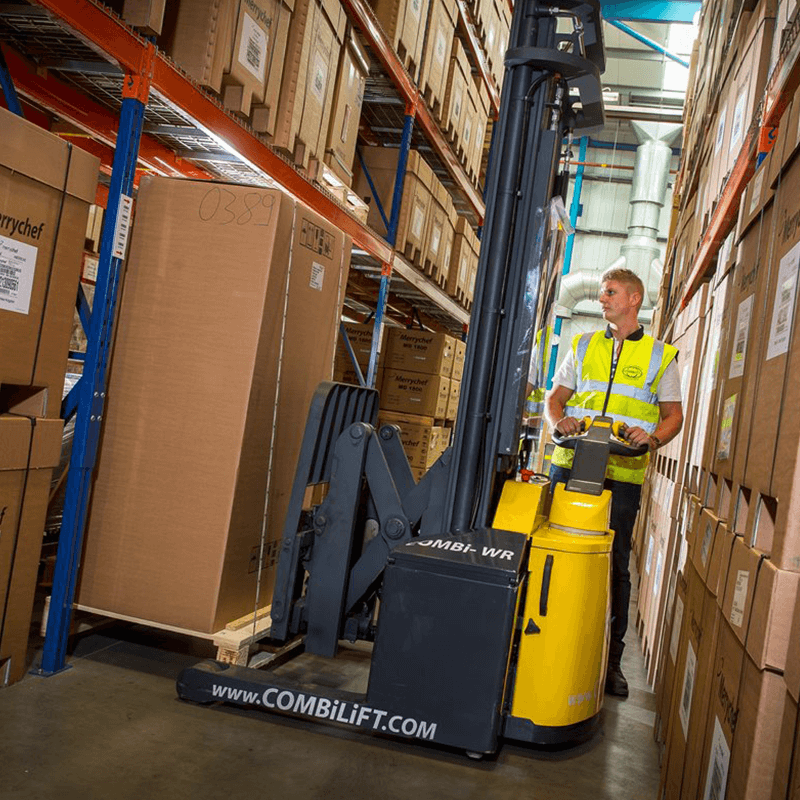
CONS
- Initial set up cost is generally higher
- Mostly suited to indoor work and not outdoors
- Batteries are susceptible to weather damage and don’t hold up well in the elements.
- Limitations on battery power
- If additional attachments are used it can reduce battery efficiency further
- Limitations on lifting capacity for larger loads
- Charging stations will need to be installed
- Older facilities may have issues with voltage requirements
- Slower to ‘refuel’ than diesel, requiring downtime while recharging or a spare battery,
- May require additional equipment to change batteries
Diesel powered forklifts
Diesel forklifts have a long history of being the go-to option for many businesses. This is mainly down to its more powerful engine and generally greater lifting capacity – making it essential for heaver duties in manufacturing and logistics. Compared to electric, diesel forklifts also tend to be a lot cheaper to purchase and if you are looking for a used forklift you may find there is a greater variety available.
When it comes to the day to day running costs, diesel has the advantage of being a lot quicker to refuel than battery powered forklifts and although electricity may be cheaper than fuel in the long run – day to day it will reduce downtime as there is no wait to recharge batteries.
PROS
- Better option for outdoor work
- Usually more powerful than electric
- Can work on rougher terrain and withstand weather conditions
- Less limitations on usage
- Quick to refuel
- Can be parked up anywhere
- More power mean they are better for working on steep inclines.
- Increased torque improves capabilities.
- Lower initial set up costs
- Better all round visibility.
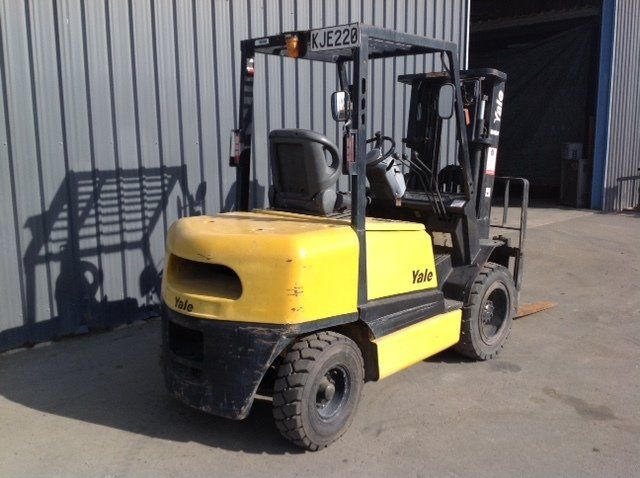
The more powerful capabilities of diesel come at a price however and the diesel engine forklift is generally considered to be for outdoor use only. The noisier engine and exhaust fumes can cause a health and safety risk to staff and pedestrians on the workplace.
The larger size also means there are limitations on use in tight spaces and can be difficult to maneuver. It is also important to make sure you have a regular service and maintenance schedule in place , with more moving parts there is more chance of damage and general wear and tear on your machine. This can mean that in the long term your operating costs may be higher over the lifetime of your machine.
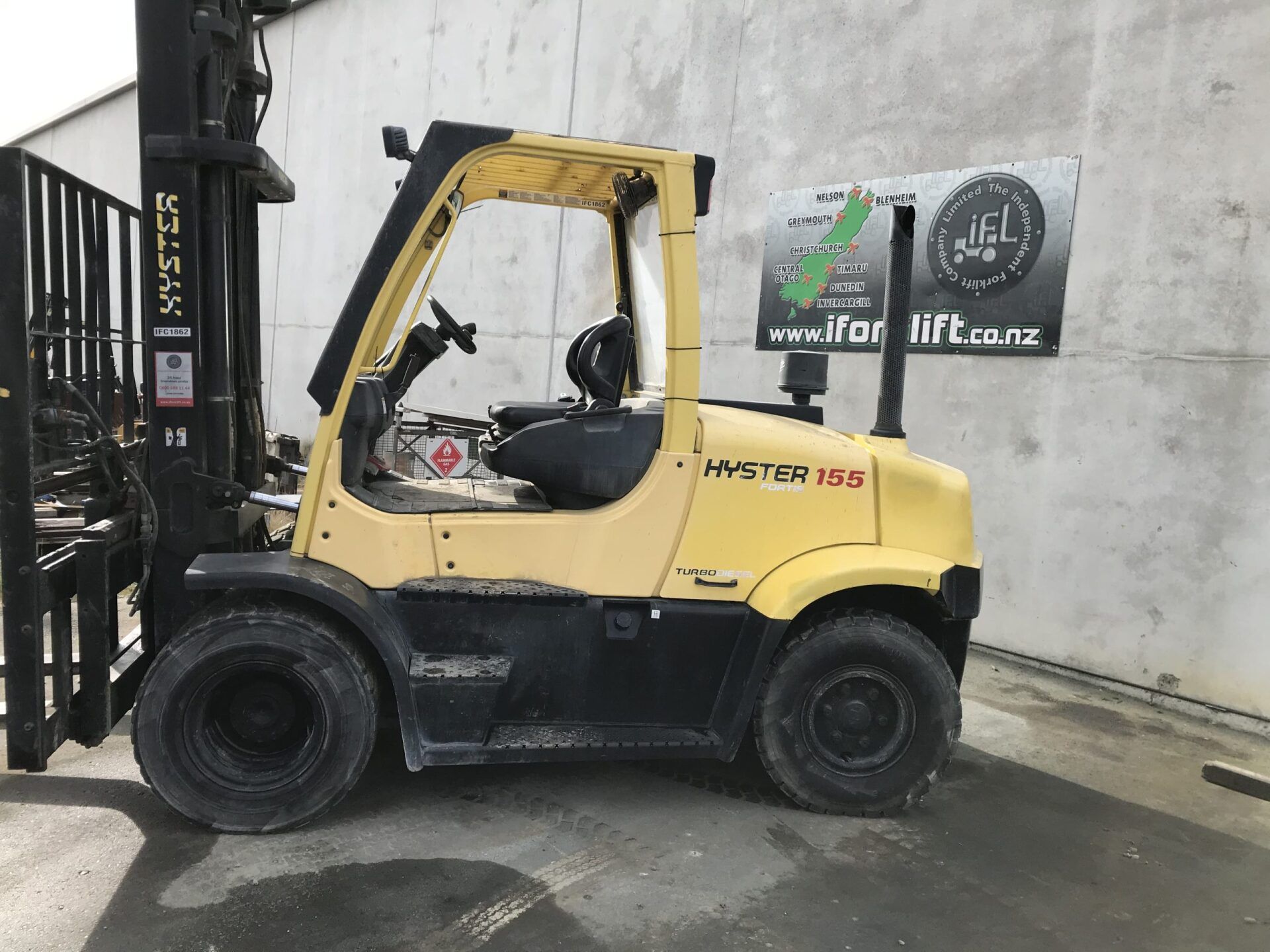
CONS
- Noisier than electric
- Limitations on indoor use because of noise and exhaust fumes
- Larger machine means working in tight spaces can be difficult
- Higher maintenance and repair costs in the long term
- Not environmentally friendly
LPG & petrol-powered forklifts
LPG forklifts are much more versatile than electric as they can be used both in and outdoors and have a good range of lifting capacity and power for more heavy-duty jobs that electric may not be capable of. They are also a great option for applications requiring a high and constant level of use that may be above the capacity of battery electric. Compared with diesel they have a better environmental impact as they have lower emissions and can usually be used indoors, making them a good middle ground between diesel and electric.
PROS
- Have the greatest fuel efficiency
- Quick and easy to refuel
- Cheaper to buy so lower initial investment
- Less noise making them safer for staff.
- Better environmental impact – far fewer emissions than diesel forklifts
- Less regular maintenance needed
- Broad acceleration and lifting speeds (although this is not necessarily always a good thing – safety first)
- Suitable for indoor use - with the exception of some industries such as food and beverage.
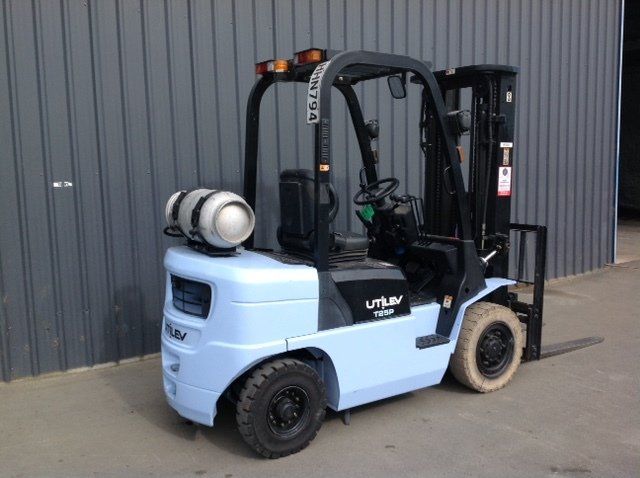
Although purchase price is generally much lower for LPG forklifts, and less regular servicing and maintenance requirements they can have higher long term costs with then need for annual winter servicing and unpredictable fuel prices. Overall LPG is more environmentally friendly than diesel, however these forklifts are still run on fossil fuels and do release carbon monoxide so use indoors does require proper ventilation.
The better value and performance also comes with a trade off as LPG powered forklifts tend to be larger and less maneuverable with a larger turning radius and longer stopping distances. The space taken up by the LPG tank on the back also creates a rear visibility issue creating a possible health and safety issue in the workplace.
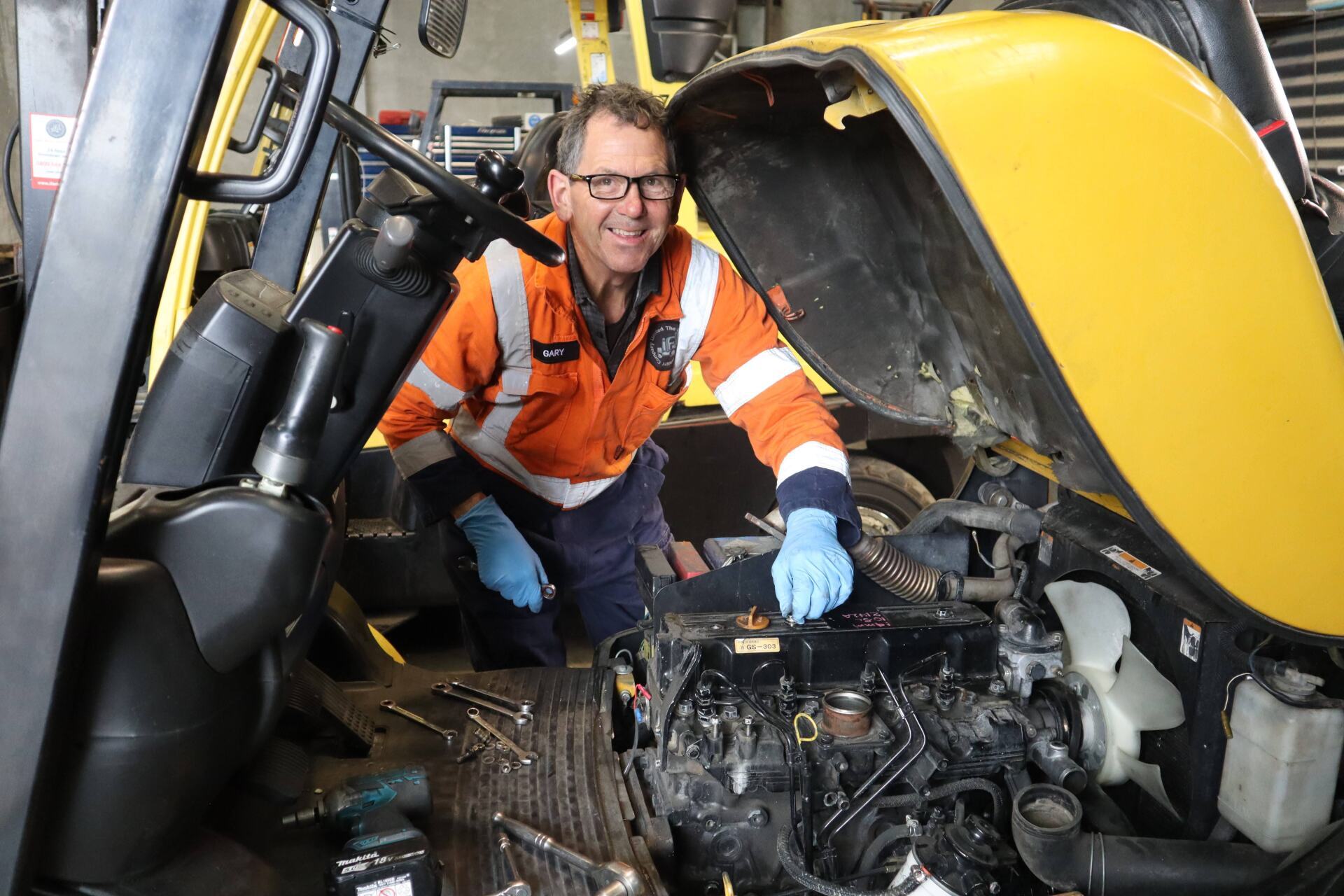
CONS
- higher maintenance costs.
- Visibility
- Operator training
- Less maneuverable
- Lower residual value
- Environmental impact
Understanding the pros and cons of each type of forklift is a great start when deciding what type of equipment will fit best in your workplace. If you are still looking for the right solution The Independent Forklift Company can help you make the right decision.
Our sales team can help provide you with independent unbiased advice on the material handling equipment you need for your operation. We also offer both long term forklift leasing options and short term rental solutions to keep your business running smoothly all year round.
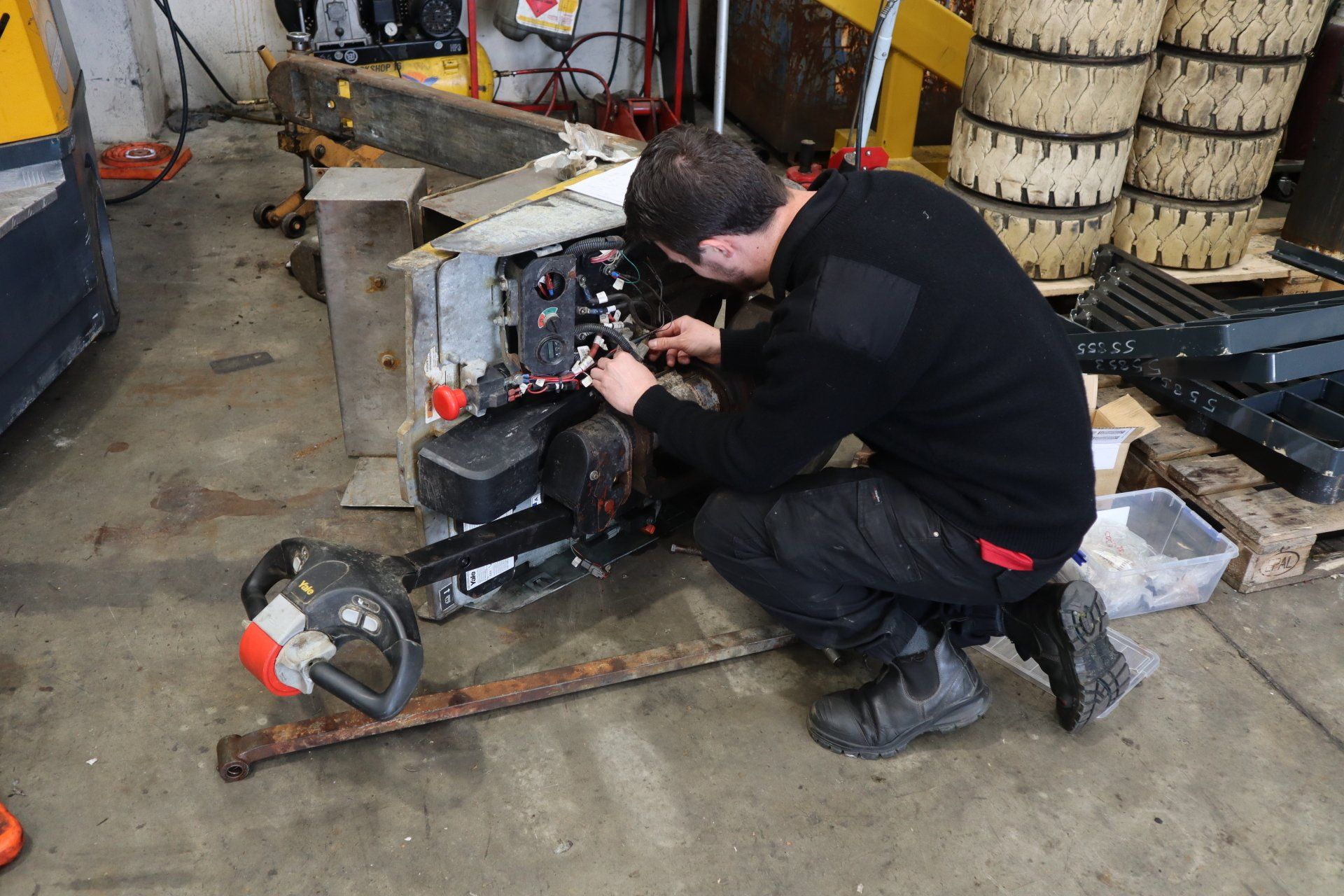
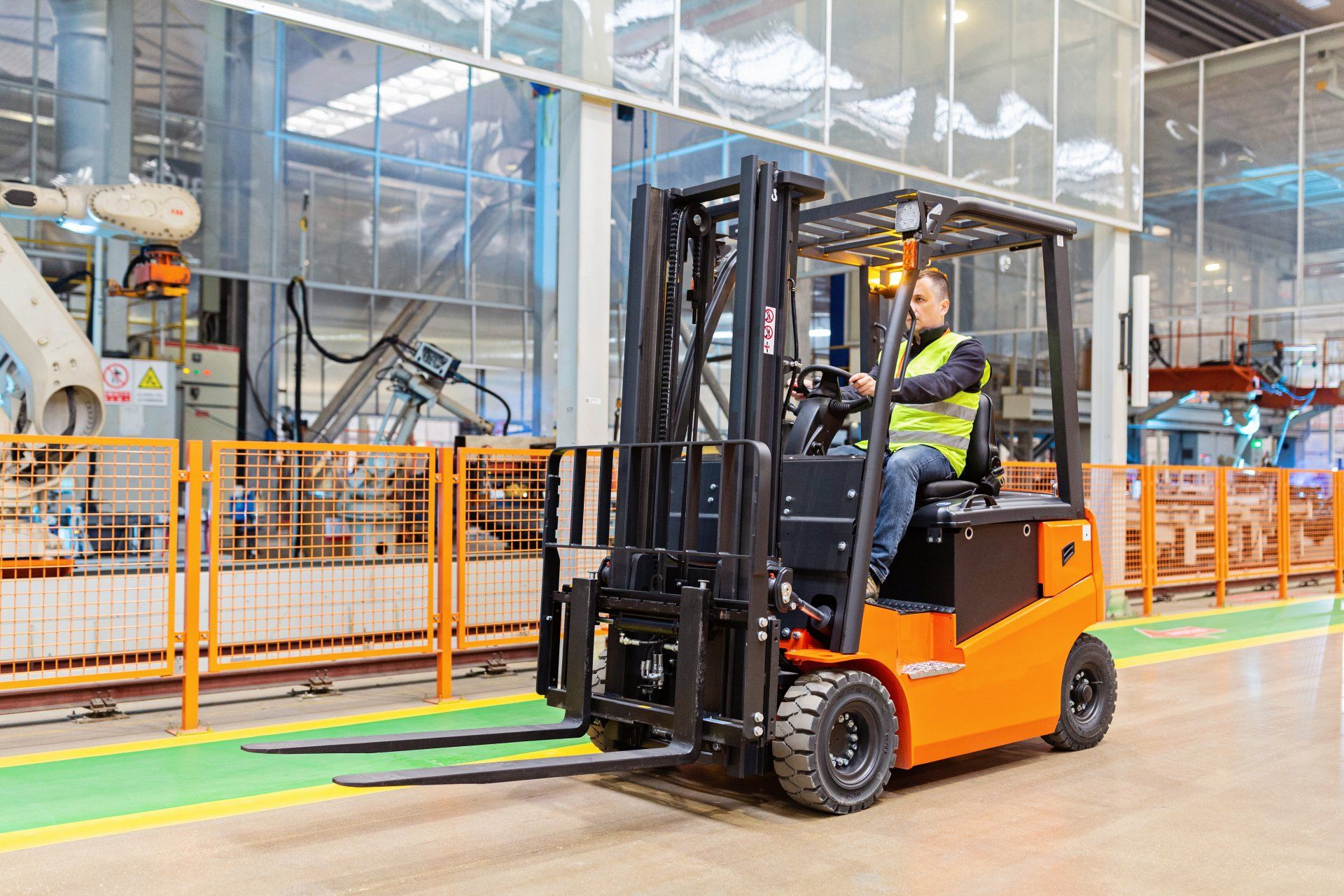
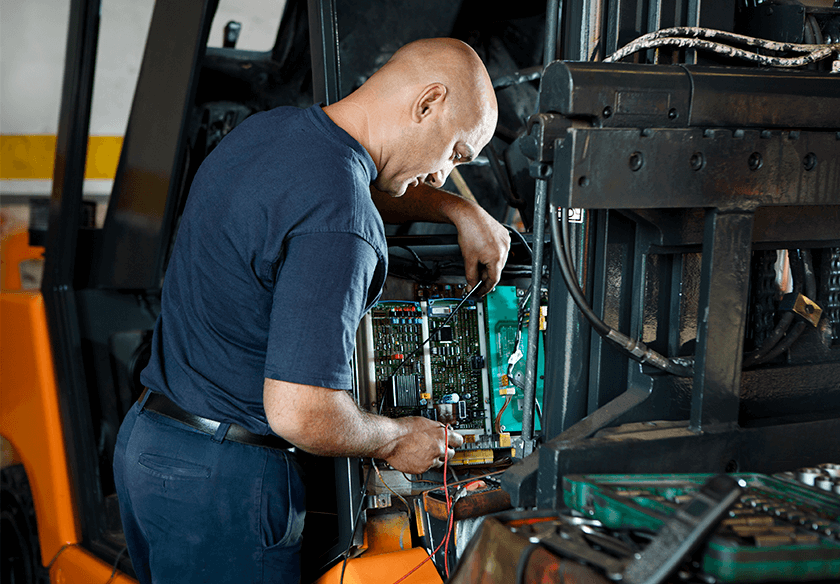
Christchurch
33H Foremans Road
Timaru
30 Washdyke Flat Road
Nelson
128 Main Road
Dunedin
Unit 14 / 4 Strathallan Street
